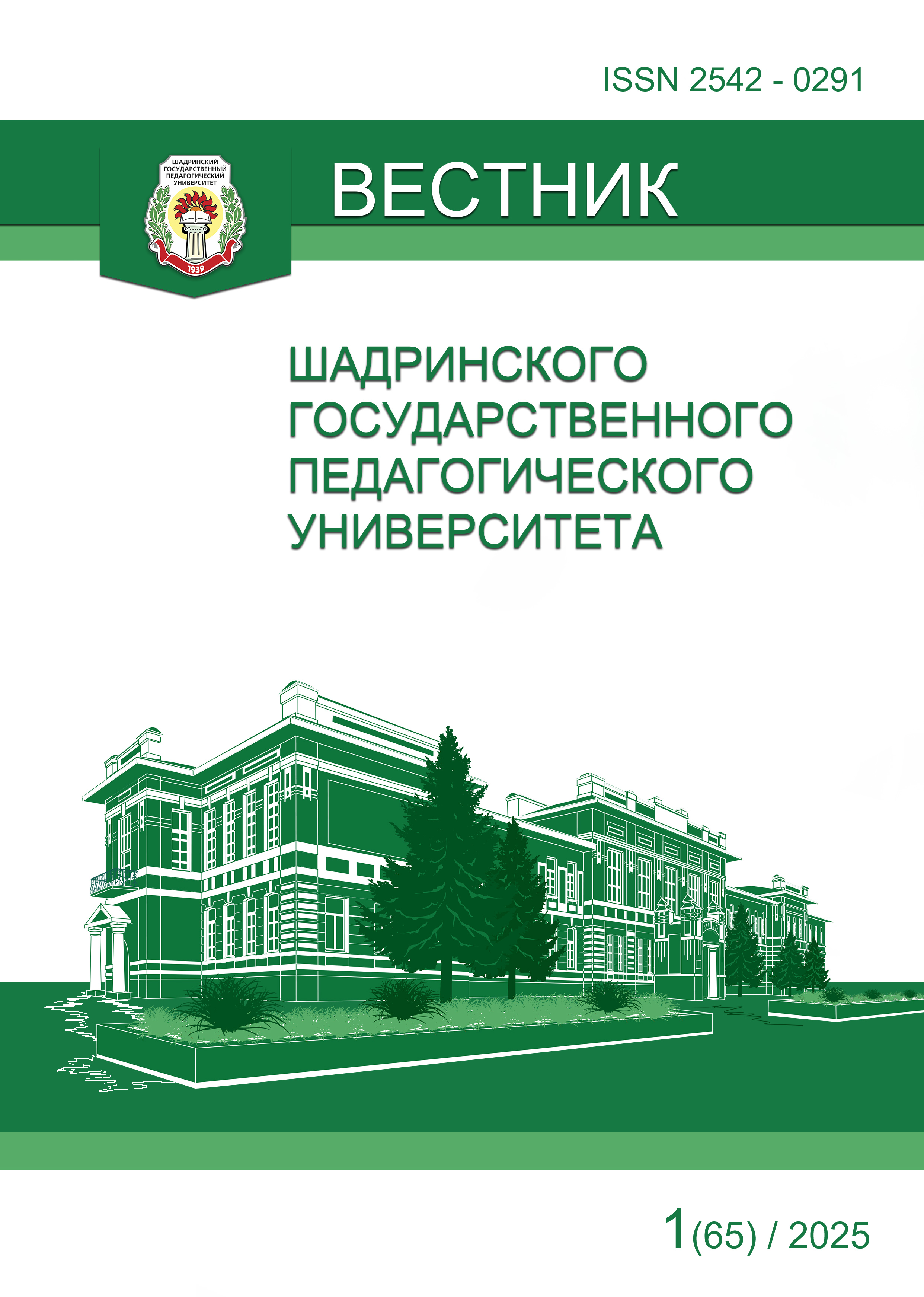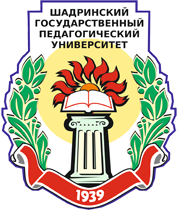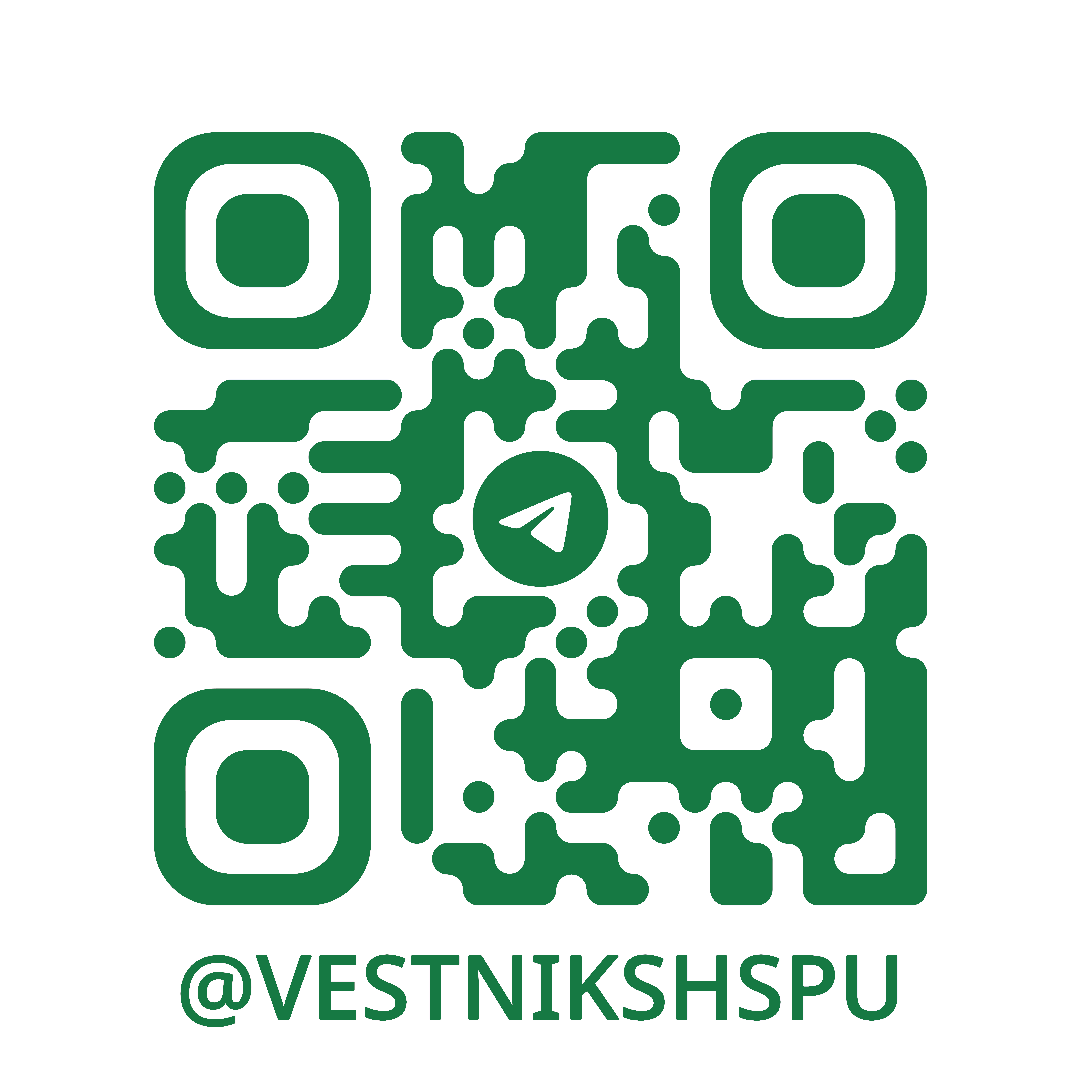Информационно-пропагандистская работа в органах внутренних дел: способы противодействия фейкам, манипуляциям, деструкции
Information and propaganda work in the internal affairs bodies: ways to counter fakes, manipulations, and destruction
Аннотация
В статье рассмотрены основы разработки содержания курса повышения квалификации для действующих и будущих пропагандистов в органах внутренних дел. Выделено три направления исследований, определяющих эффективность подготовки и переподготовки. Первое направление посвящено анализу и сравнению основных негативных понятий: фейковой, манипулятивной и деструктивной информации. Второе направление исследования касается выявления знаний курсантов об этих понятиях, времени, которое они проводят в интернете, а также их предпочтений в использовании социальных сетей и мессенджеров. Третье направление определяет способы противодействия фейковой, манипулятивной и деструктивной информации. Автор приводит рекомендации по осознанию и анализу собственных эмоциональных реакций, развитию критического мышления и информационной грамотности. Приведены рекомендации осуществления успешной контрпропаганды. В заключение, делается вывод о необходимости обучения сотрудников органов внутренних дел анализу информации, развитию критического мышления и устойчивости к информационно-психологическим атакам для эффективного противодействия деструктивным и манипулятивным воздействиям в информационном пространстве.
The article discusses the fundamentals of developing the content of a refresher course for current and future propagandists in the internal affairs agencies. Three areas of research are identified that determine the effectiveness of training and retraining. The first area is devoted to the analysis and comparison of the main negative concepts: fake, manipulative and destructive information. The second area of the study concerns identifying the cadets’ knowledge of these concepts, the time they spend on the Internet as well as their preferences in using social networks and instant messengers. The third area determines ways to counter fake, manipulative and destructive information. The author provides recommendations for understanding and analyzing one's own emotional reactions, developing critical thinking and information literacy. Recommendations for implementing successful counter-propaganda are given. In conclusion, a conclusion is made about the need to train employees of internal affairs agencies in information analysis, developing critical thinking and resistance to information and psychological attacks in order to effectively counter destructive and manipulative influences in the information space.








